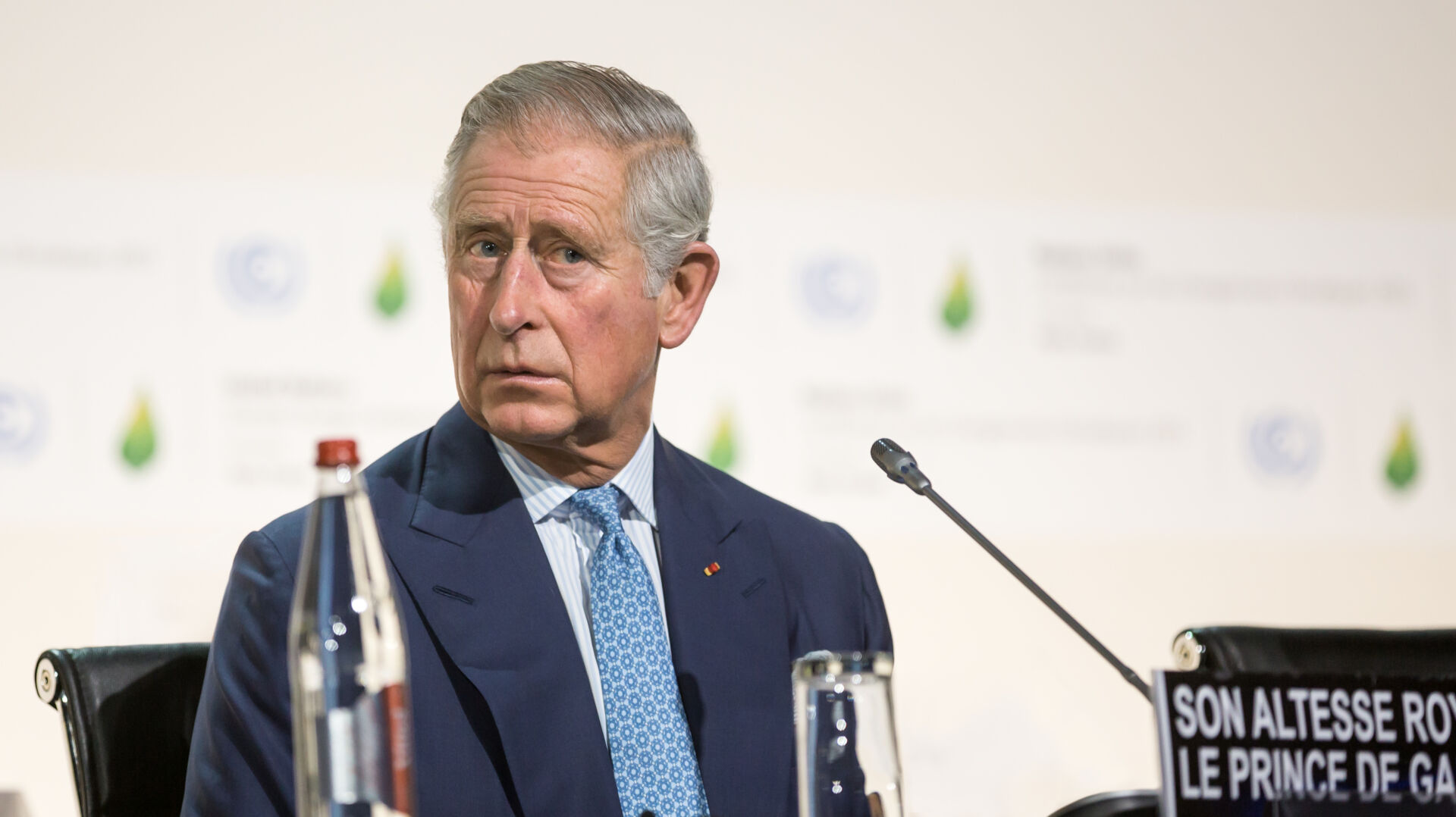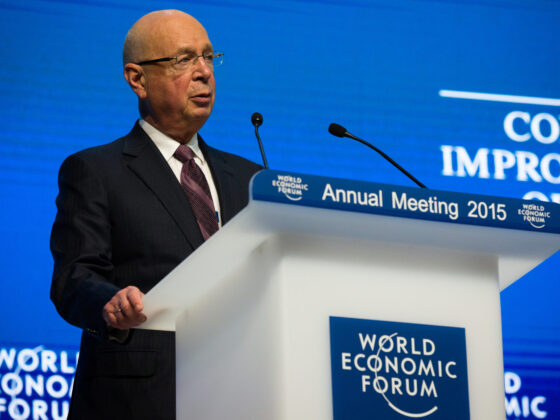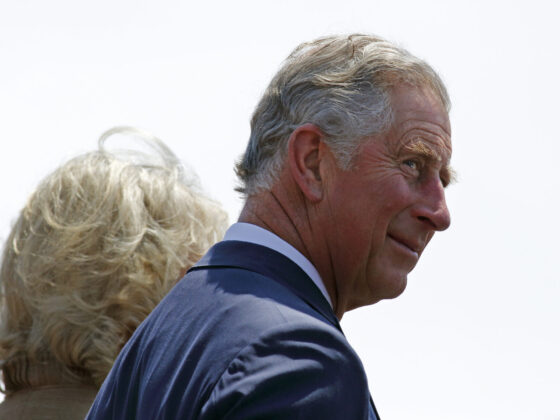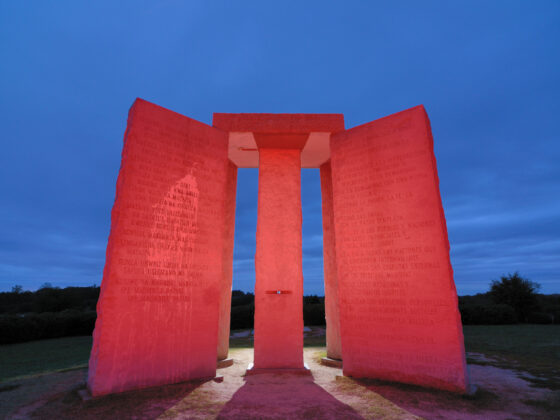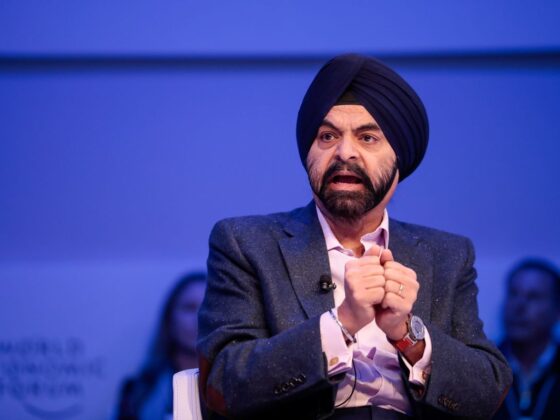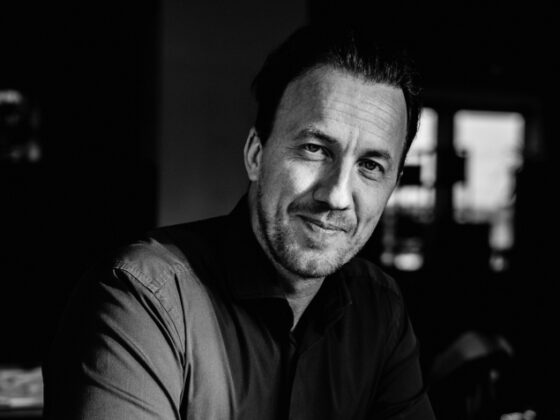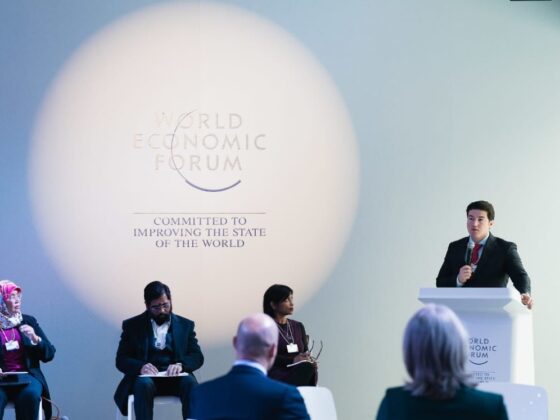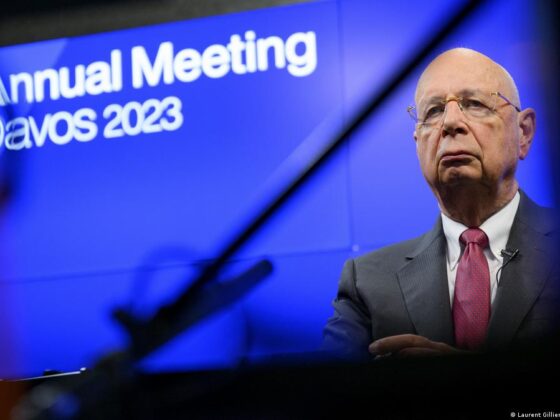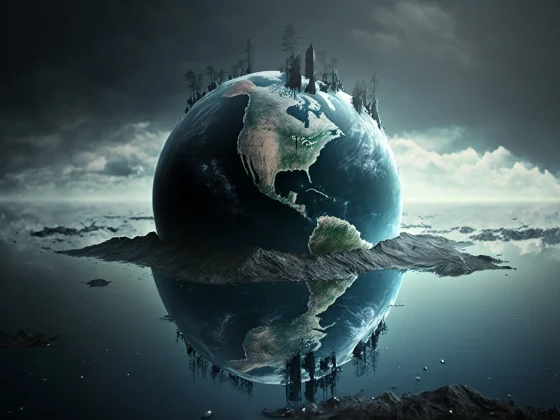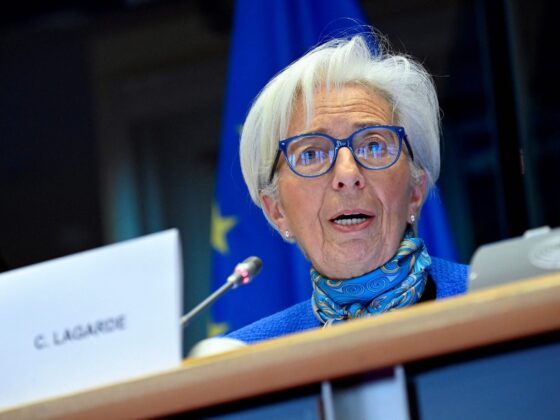The moment Queen Elizabeth II died on Thursday evening; Prince Charles became King Charles III.
As Prince of Wales, Charles did not equivocate on climate. “The world is on the brink,” he wrote earlier this year, “and we need the mobilizing urgency of a war-like footing if we are to win.”
Now that he is King, he will have to tread a thin line between political advocacy and the throne and with dwindling natural gas supplies and painful energy prices caused by Russia’s invasion of Ukraine, he is king of a nation that will shiver in its homes this winter.
Charles has spent decades cultivating a CV of progressive projects that are often climate focused.
When he was 21, he delivered his first major speech on the topic at a countryside conference in Cardiff, calling attention to pollution, plastic, and overpopulation. This was in 1970, long before environmental concerns became mainstream political issues.
With his public persona, he has advocated for forest, soil, ocean, and biodiversity conservation and pushed businesses to invest in nature-related programs.
He has since progressed to bigger stages. In 2008, he addressed the European Parliament, telling MEPs that the “doomsday clock of climate change is ticking” and called for the “biggest public, private and NGO partnership ever seen.”
At COP21, COP26, and the 2021 G-20 meeting in Rome, he appealed to leaders to listen to the “despairing voices of young people.”
Just last year, Charles called for a “military-style campaign” a “war-like footing” to harness the wealth of the private sector at COP26, the global climate conference in Glasgow, Scotland.
“Any leader who has had to confront such life-threatening challenges knows that the cost of inaction is far greater than the cost of prevention.” – he said in his opening address.
"I can only urge you, as the world’s decision-makers, to find practical ways of overcoming differences so we can all get down to work, together, to rescue this precious planet and save the threatened future of our young people."
– HRH The Prince of Wales, speaking at #COP26. pic.twitter.com/Zn6eNojqOC
— Clarence House (@ClarenceHouse) November 1, 2021
“The scale and scope of the threat we face call for a global systems level solution based on radically transforming our current fossil fuel-based economy to one that is genuinely renewable and sustainable.” – Prince Charles U.N.’s COP26 summit in November 2021.
He acknowledged that a green transition would cost trillions of Pounds, but said it was necessary to save the planet. And that this massive and expensive transition would require a global “military style campaign.”
As one of his biggest contributions to the environment, he has used his throne’s influence to encourage political and business changes on climate.
During the 2020 World Economic Forum in Davos, he launched the Sustainable Markets Initiative which aims to get business leaders to invest in environmentally friendly operations.
Since then, over 500 CEOs have pledged their support for the initiative’s “Terra Carta,” or Earth Charter, which launched last year.

The nonbinding pledge commits chief executives to support “rapidly accelerating the world’s transition towards a sustainable future.” – The United Nations sustainable future of Agenda 2030.
The Great Reset, with Professor Klaus Schwab, HRH The Prince of Wales @ClarenceHouse, @KGeorgieva, @antonioguterres, @SharanBurrow, @afromusing, @vic_alonsoperez, Ma Jun, @lordstern1 #TheGreatReset #wef21 https://t.co/FGeompXxka
— World Economic Forum (@wef) June 3, 2020
Rather than Klaus Schwab, heir apparent to the British throne, Charles, Prince of Wales, actually launched the Great Reset in 2020.
The goal is to create a global society that is more equal, cashless, integrated, digital, and sustainable. A new social contract.
To achieve the “Great Reset” agenda of the WEF, IMF, and BIS, the existing energy world order must be extensively destabilized. A controlled demolition of central pillars of the economy that will scare the public into accepting a new collectivist and authoritarian climate model: The Circular Economy.
“Global warming, climate change and the devastating loss of biodiversity are the greatest threats humanity has ever faced.” – Charles said at the 2020 World Economic Forum meeting in Davos, Switzerland.
#TheGreatReset has been launched! pic.twitter.com/tUq0YjbOKC
— Clarence House (@ClarenceHouse) June 3, 2020
His official website announced on June 3, 2020: “Today, through HRH’s Sustainable Markets Initiative and the World Economic Forum, The Prince of Wales launched a new global initiative, The Great Reset”.

After the COVID-19 coronavirus pandemic, the Prince of Wales said, humanity had the opportunity to create a more sustainable and equitable world.
It is a commitment to rebuild the foundations of our economic and social systems jointly and urgently for a better, more sustainable, and more resilient post-COVID economy.
According to him, we need a Global Marshall Plan to save the environment.
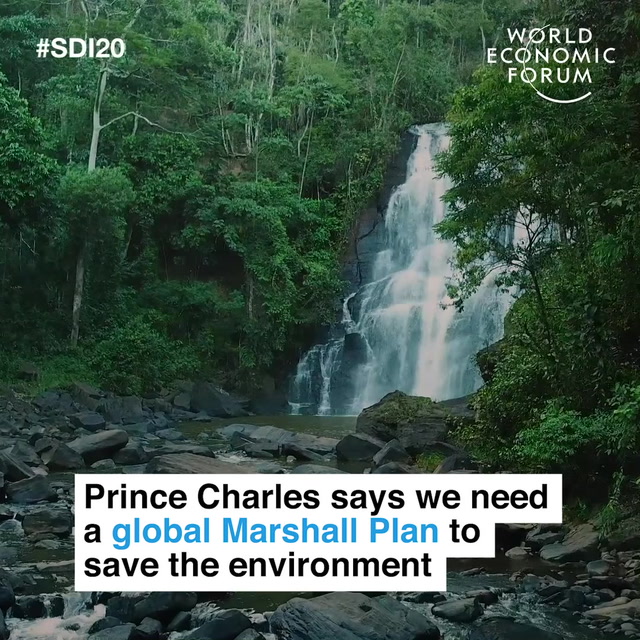
King Charles III is historically linked with his two predecessors of the same name. Charles I, who became king in 1625, was the last defender of feudalism.
In 1649, he was beheaded in front of the London crowds after being found guilty of tyranny and treason.
With the restoration of the monarchy in 1660, Charles II, the son of the executed king, took the throne as a “constitutional” king, beholden to parliament and willing to serve as a figurehead for the British Empire.
Charles III seems set to merge old-style feudalism with modern corporate capital control to create a “sustainable” global empire based on digital serfdom and net zero.
As well as his promotion of Net-Zero climate alarmism. He also advocated for population control in the unindustrialised world.
Charles has hinted that he will change tack as King despite decades of environmentalism in his shadow. In a 2018 documentary, he was asked whether he would continue his activism. “I’m not that stupid,” he responded. “You can’t be the same as the sovereign if you’re the Prince of Wales or the heir.”
As the British monarch’s remit goes, we will see whether he adheres to the centuries-long precedent that states the head of state should remain politically neutral or if he becomes a climate king that the ESG WEF power brokers adore.


